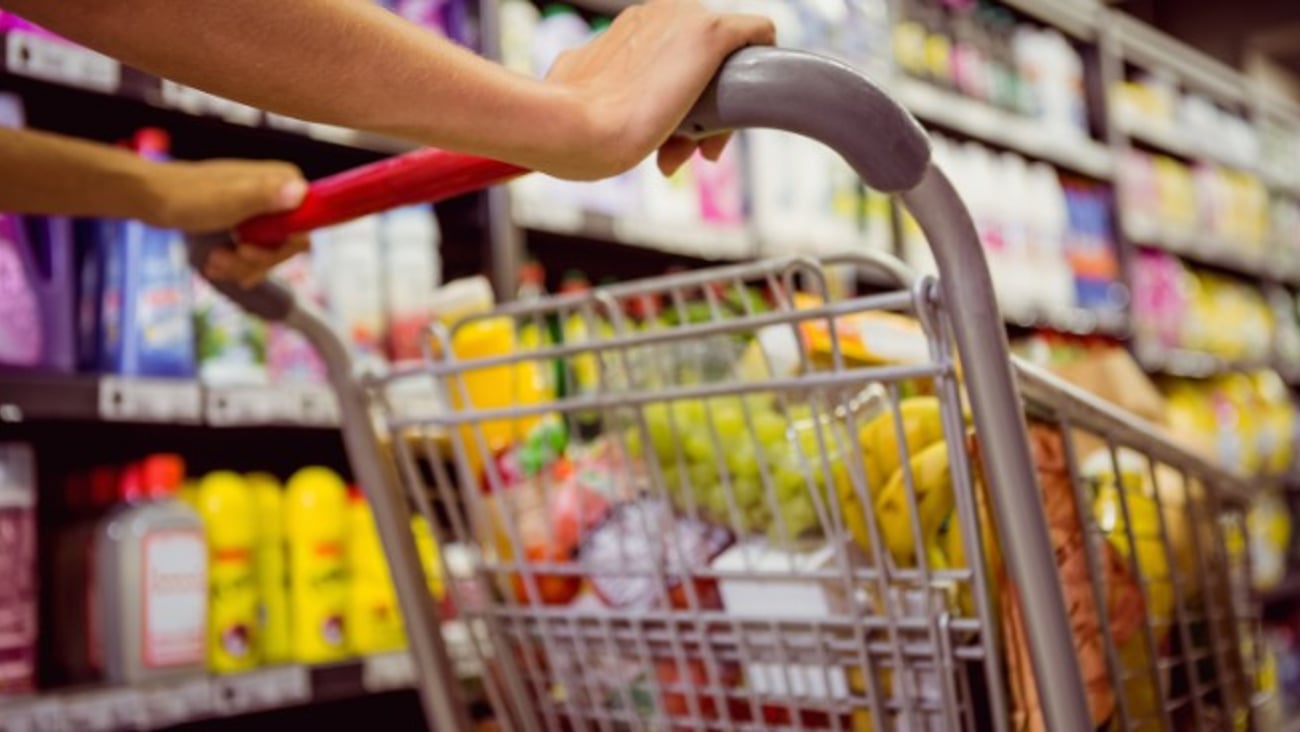The rise of edible ethics
Consumers continue to be engaged and purposeful in their food and beverage choices. This shouldn’t be surprising given their seemingly insatiable desire to know more about their choices as they now see foods and beverages as cultural products to be discovered and shared.
As a result, consumers expect food and beverage companies to innovate and effect change with transparency and integrity that reflects their commitment to ethical action. Ipsos’ recently-released Canada CHATS 2020 trends study reports that a third of adults (33%) seek information on a daily basis to inform decisions about what to eat and drink, who to buy these items from, where to buy them and also how to prepare them.
Canadians’ rising consciousness is bringing about “edible ethics criteria” defined by focusing on what is healthy; product and ingredient quality; and sustainability and environmental practices. These needs reflect consumers’ dedication to deeper, more salient values when deciding what to eat and drink.
Ipsos reports that more than 9 in 10 adults prioritize product quality, product freshness and product makeup as key to daily decision-making, with the vast majority of those consumers indicating they are willing to pay more for these specific benefits.
With half of daily food and beverage choices prompted by a health-related need, today’s consumers are also willing to put the work into these decisions. Among those reporting regularly reading labels to determine how healthy an item is, more than two-thirds (67%) report this impacts their purchase decisions.
Manufacturers, retailers and foodservice operators will, however, need to be mindful that how consumers define healthy foods and beverages has evolved over the past five years. Individuals have moved beyond solely looking for specific quantities of nutrients and are now also seeking targeted benefits (energy, mental focus, satiety). There is also a growing focus and awareness on food and beverage lifecycles and their societal impact on individuals and the environment.
Almost two-thirds of Canadians (63%) report that environmental impacts influence their consumption choices, with a similar share of consumers (67%) reporting that sustainable packaging (recyclable, compostable) and sustainable sourcing influence what they eat and drink.
The CHATS 2020 Trends study also reports that while attributes such as fair treatment of workers, animal welfare and fair trade also remain key decision-making factors, the gap between aspiration and action still varies. There remains a notable gap among those concerned about these credentials in their willingness to pay for benefits, particularly among consumers over the age of 40.
As such, identifying your target product consumer and keeping a watchful eye on their evolving needs, beliefs and practices will enable you to measure the voracity of edible ethics factors and gauge their importance relative to other priorities.
With younger consumers (under 40) placing a higher importance on sustainability and the environment, it will be important to take cues from those most heavily invested to identify rising opportunities for messaging.
In addition, rising availability of a variety of digital technologies is providing real-time access to information from anywhere and at any time, fuelling the need to know. It’s likely that QR code technology or some blockchain applications will continue to evolve so consumers can instantly learn about what they are both buying and consuming.
These types of emerging technologies enable the consumer to feel a sense of quality control over what they choose and where they spend their money, and their engagement allows those in the food and beverage industry to engage in an ongoing dialogue with them.
Winning with consumers today will not only require transparent communication about product benefits; to be successful, companies will also need to deliver a passionate message detailing their authentic commitment and ongoing plan of action for meeting ethical demands around food.




